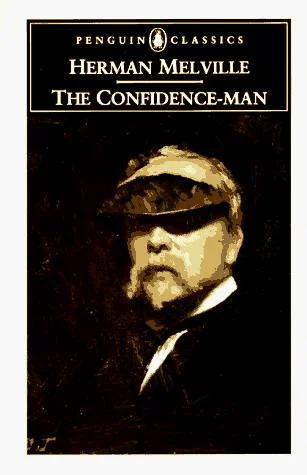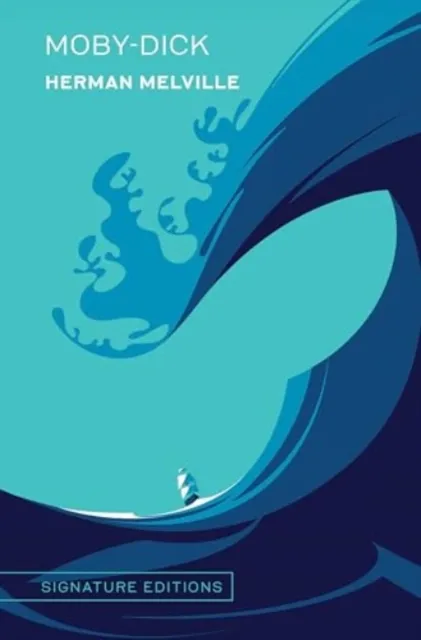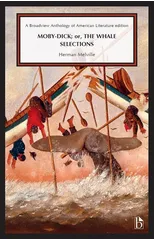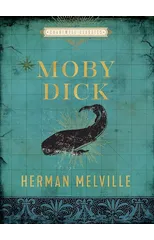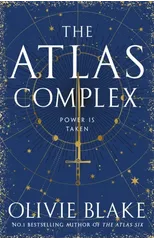The Confidence-man
(Author) Herman Melville“In The Confidence-Man,” writes John Bryant in his Introduction, “Melville found a way to render our tragic sense of self and society through the comic strategies of the confidence game. He puts the reader in the game to play its parts and to contemplate the inconsistencies of its knaves and fools.” Set on a Mississippi steamer on April Fool’s Day and populated by a series of shape-shifting con men, The Confidence-Man is a challenging metaphysical and ethical exploration of antebellum American society. Set from the first American edition of 1857, this Modern Library paperback includes an Appendix with Bryant’s innovative “fluid text” analysis of early manuscript fragments from Melville’s novel.
Herman Melville
Herman Melville (1819-1891) was an American novelist, poet, and short story writer best known for his novel "Moby-Dick," a complex and symbolic work that explores themes of obsession, fate, and the struggle between good and evil. Melville's writing style is characterized by its rich symbolism, philosophical depth, and exploration of existential themes. His other notable works include "Typee," "Billy Budd," and "Bartleby, the Scrivener." Melville's contributions to literature have had a lasting impact on the development of American literature, particularly in the genre of the novel.
